Make summer savings
Whether in your kitchen, bathroom or living room, there are simple actions you can take to conserve energy that add up to large savings on your energy bills.
Follow the steps outlined below to reduce energy use in your household.
Using your tumble dryer less could save up to £50 a year
Tumble dryers are one of the most energy-intensive devices in the home. Use your tumble dryer less frequently by ensuring you have a full load, around three-quarters of the drum. Or use a clothes airer to dry clothes outside, or inside with a window open for ventilation. You should also avoid overfilling your dryer as this could lengthen the drying time.

Reduce your boiler flow temperature to save up to £60 a year
If you have a Combi boiler, its efficiency can be improved by adjusting the ‘flow temperature’ dial/setting to 60 degrees.
Reducing flow temperature isn’t the same as turning down the thermostat. It won’t noticeably reduce the temperature of your home but may take longer to heat up.
If you are over 65, or have pre-existing health conditions, you may want to set a slightly higher flow temperature of 65°C to ensure your home warms more quickly.
Nesta have more information on lowering your combi boiler flow temperature setting here, and if you have a gas boiler and no water tank you can take their Money Saving Boiler Challenge.
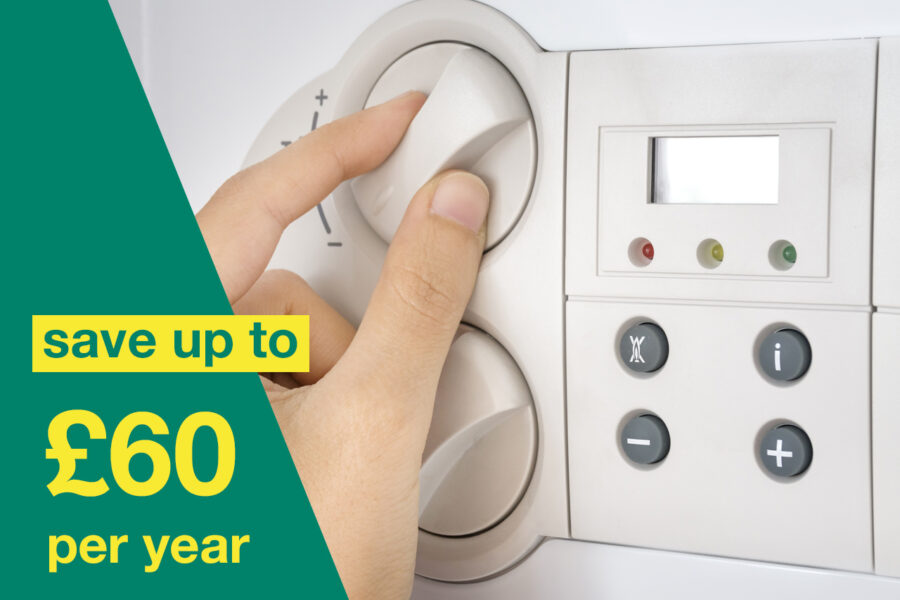
Wash clothes at a lower temperature to save up to £20 a year
Modern washing machines can clean clothes effectively at lower temperatures. Changing from 40°C to 30°C means you could get 3 cycles instead of 2 using the same amount of energy, depending on your washing machine.
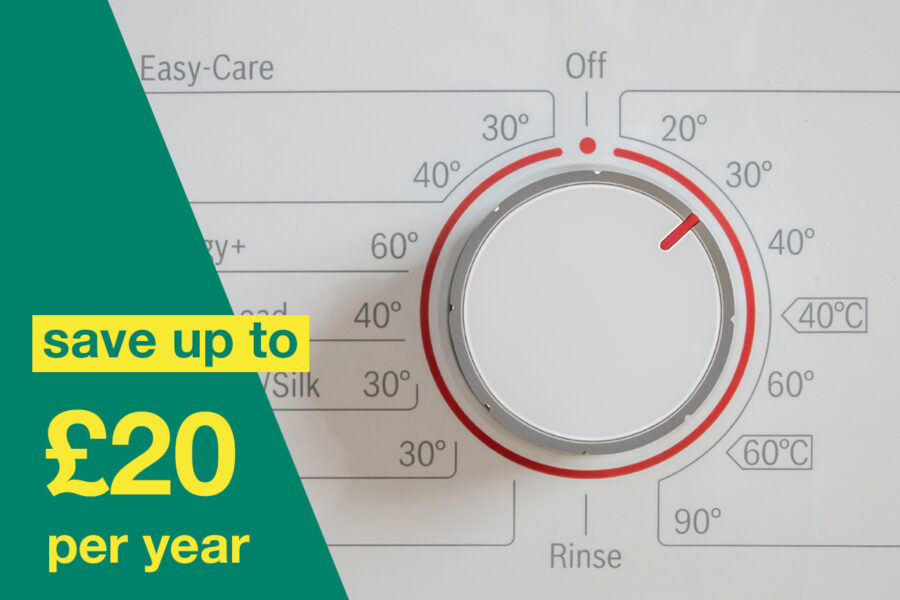
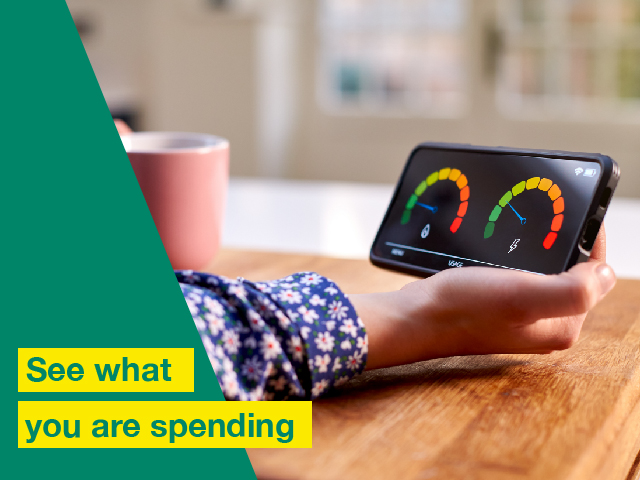
Install a smart meter to help you see what you’re spending
A smart meter provides you with near real-time information about how much energy you are using via an in-home display, which you can use to track your spending and have greater control over your usage. Smart meters provide automatic readings to your energy supplier, meaning an end to estimated bills and enabling easier budgeting. While they don’t reduce energy on their own, they lead to behaviour changes which delivers bill savings of around £10 a year and much more for some households.
Contact your energy supplier, who can arrange to install a smart meter free of charge.
Households with a smart meter are able to participate in the ESO Demand Flexibility Service, earning pounds, points or prizes across the winter period for shifting electricity usage outside of specified periods. Find out more here.
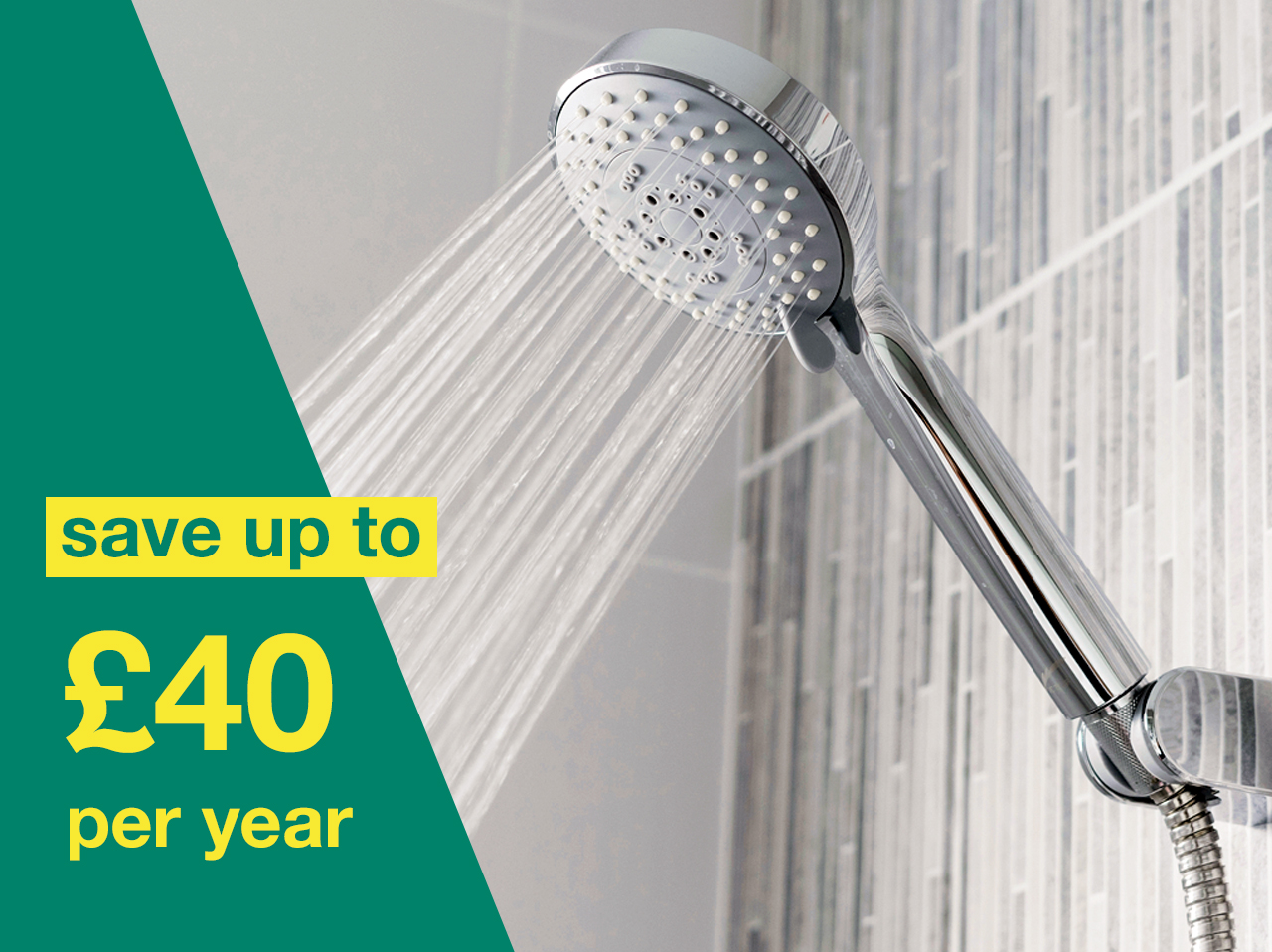
Insulate your hot water cylinder to save up to £40 a year
If you have a hot water tank, you can invest in a hot water cylinder jacket, available in most hardware shops and online. It reduces the amount of heat the cylinder loses and keeps water hot for longer, making them more efficient and cheaper to use.
The pipes that run to and from the tank can also be insulated, using foam tubes. These can also prevent your pipes freezing in extreme temperatures.
Find out more about insulating tanks and radiators here.
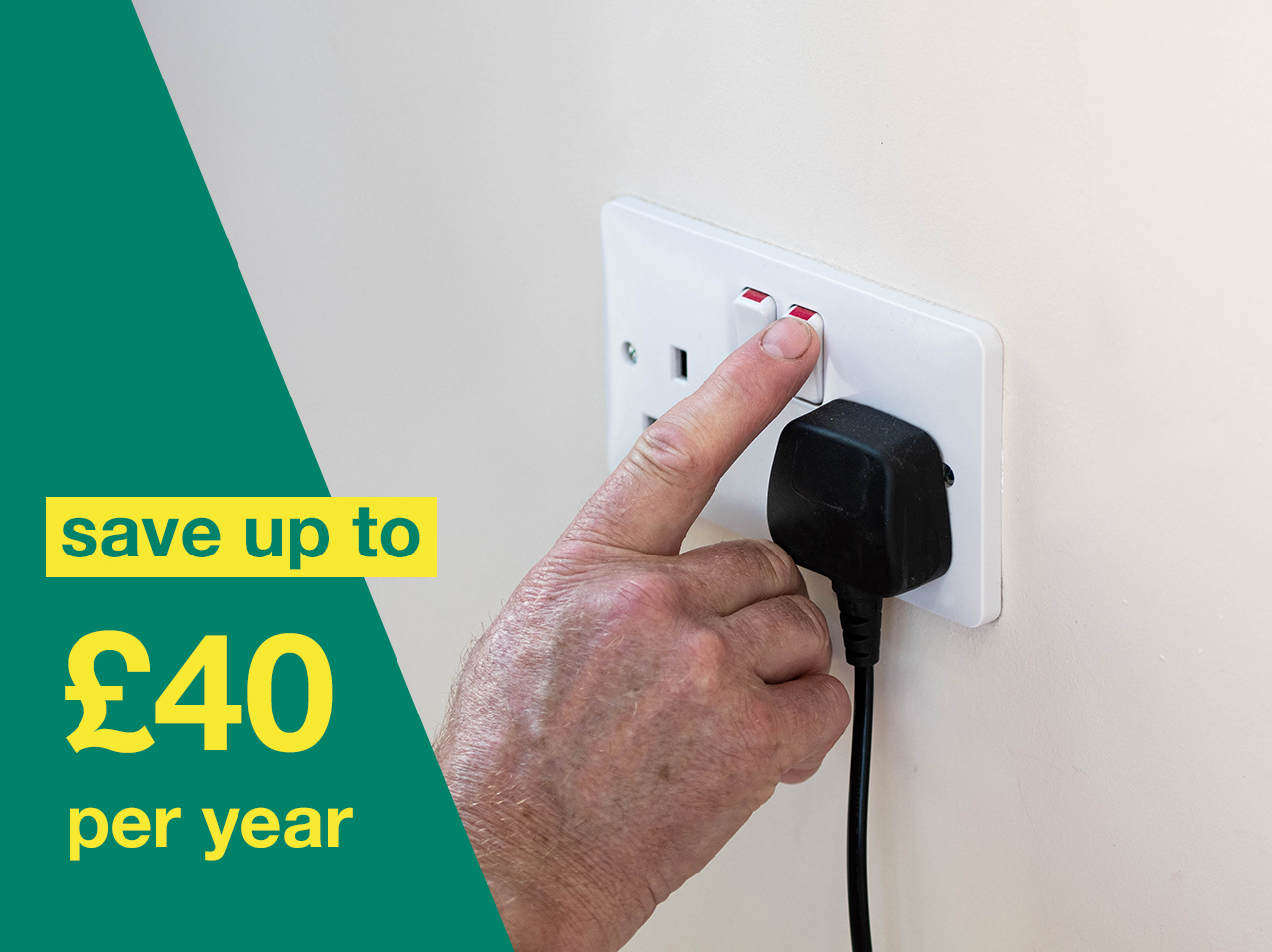
Turn appliances off at the socket to save up to £40 a year
Almost all electrical appliances in your home, such as computers, televisions, smart devices and video game consoles, draw power continuously unless unplugged. Turn off the power switch at the socket or unplug appliances from the socket when they are not in use.

Install smart thermostats and heating controls to save up to £40 a year
Smart thermostats and heating controls offer greater flexibility and control over your energy use. Smart controls do everything that conventional heating controls do but are connected to the internet and offer more functionality such as allowing you to adjust your temperature settings when you’re not at home via a smartphone.
Find out more about heating controls here.

Install an energy efficient shower head to save £40 a year
Energy efficient shower heads reduce the amount of water used by either regulating the flow or aerating the water. They can be purchased at any home improvement shop and fixed independently. Some water companies even provide them for free. They’re not suitable for electric showers, which should be switched to ‘eco mode’.
Energy efficiency for home owners
If you’re a home owner, find government advice to improve your long term energy efficiency on GOV.UK